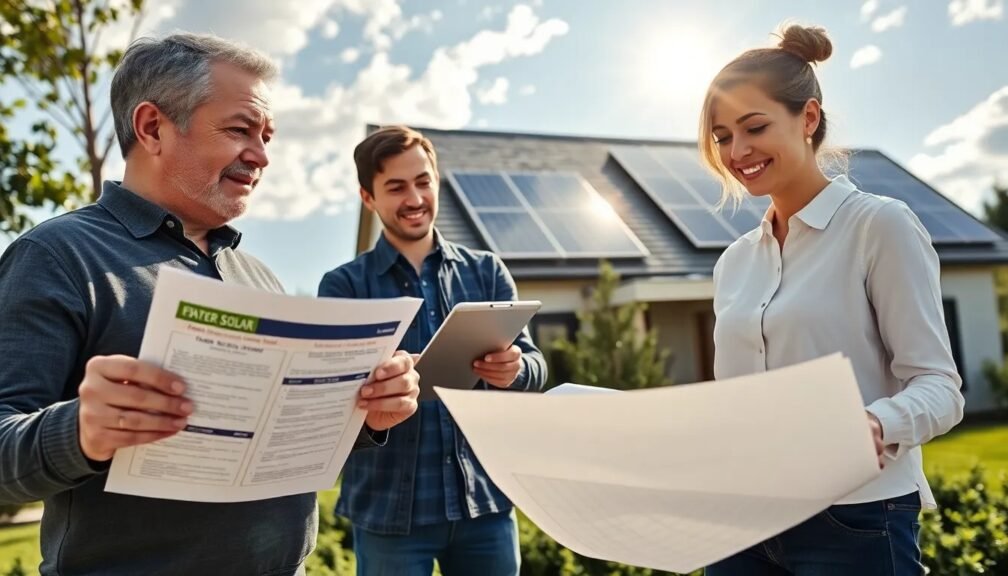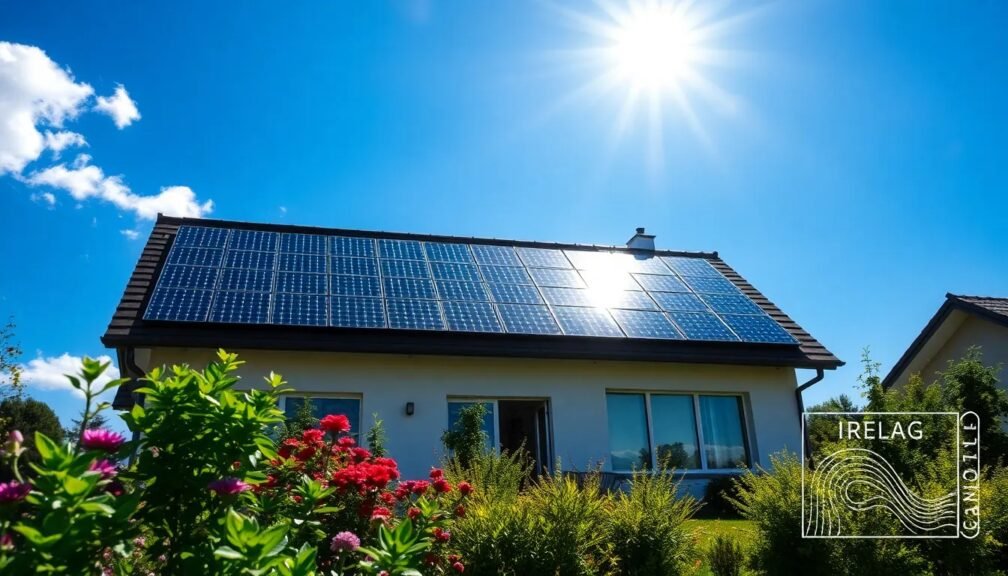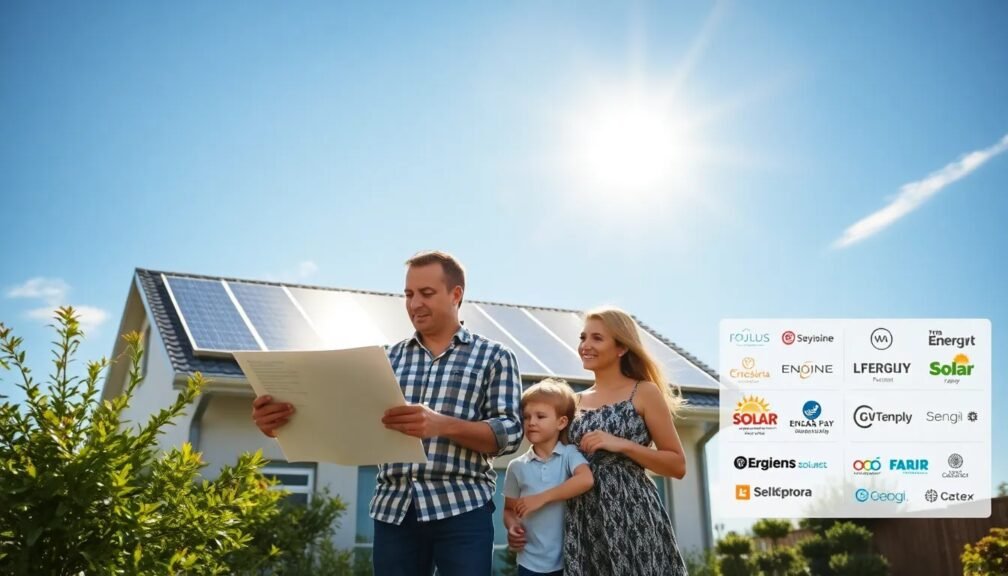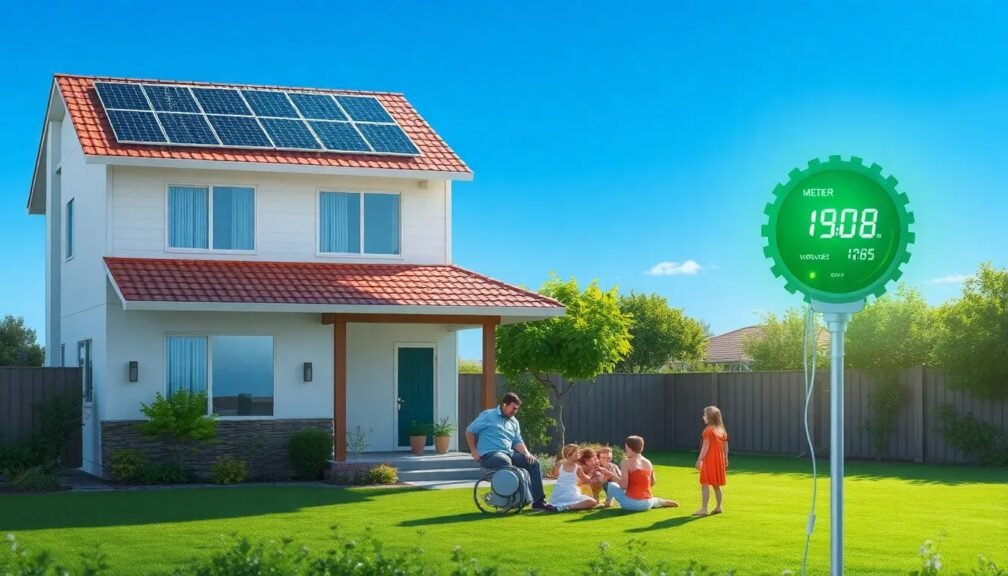As the world increasingly turns towards sustainable energy solutions, solar energy remains at the forefront. Whether you are considering making the switch for environmental reasons or financial benefits, selecting the right solar contractor is essential. In this guide, we will explore the ins and outs of choosing the best solar contractors to ensure a seamless transition to solar energy for your home or business.
Understanding the Role of Solar Contractors
What Do Solar Contractors Do?
Solar contractors, often referred to as solar installers, are specialized professionals who design, install, and maintain solar energy systems. Their responsibilities include:
- Site Assessment: Evaluating your property to determine solar viability.
- System Design: Crafting a custom solar energy solution tailored to your energy needs.
- Installation: Physically installing solar panels, inverters, and battery systems.
- Maintenance and Repair: Offering ongoing support and repairs to ensure the system operates efficiently.
Choosing the right solar contractor can make or break your solar experience, emphasizing the importance of conducting thorough research before making a decision.
Key Factors to Consider When Choosing Solar Contractors
1. Experience and Reputation
When evaluating potential solar contractors, look for companies with extensive experience in the field. A contractor with a solid track record will have encountered various challenges and formulated effective solutions.
- Check Reviews: Online platforms such as Google, Yelp, or Angie’s List are excellent resources for assessing customer satisfaction.
- Ask for References: Reputable contractors should readily provide references from previous clients.
2. Licensing and Certifications
Verifying the contractor’s licensing and certifications is crucial. Ensure they are:
- State Licensed: Confirm that your contractor possesses the state-required licenses to operate legally in your area.
- Certified Installers: Certifications from organizations such as the North American Board of Certified Energy Practitioners (NABCEP) indicate a level of professionalism and expertise.
3. Quality of Equipment and Products
The longevity and efficiency of your solar system are significantly influenced by the quality of the materials used. Look for contractors who offer:
- High-Quality Panels: Research manufacturers to ensure the panels have good warranties and efficiency ratings.
- Inverters and Batteries: These components are vital for system performance. Ask what brands they use and verify their reliability.
4. Warranty and Service Contracts
A robust warranty is a sign that the contractor stands behind their work and products. Ensure that:
- Installation Warranties: Many contractors offer warranties from 1 to 10 years on their installation work.
- Product Warranties: Solar panels typically come with warranties ranging from 25 years for performance to 10-12 years for workmanship.
5. Financial Options and Incentives
Financing solar panels can be daunting, but many reputable solar contractors offer financing options that can make the investment more accessible. Look for:
- Loan Options: Options that allow you to spread the cost over time.
- Lease Agreements: Alternative financing that requires no upfront payment.
- Incentives and Tax Credits: A thorough contractor will guide you on leveraging local and federal incentives to reduce your overall costs.
Questions to Ask Potential Solar Contractors
1. What Is the Estimated Timeline for Installation?
Understanding the project timeline is essential for planning. Ask the contractor about:
- Preparation Time: Evaluating property and securing permits can take time.
- Installation Duration: Knowing how long the installation will take helps you prepare.
2. Can You Provide a Detailed Proposal?
A reputable solar contractor should offer a detailed proposal outlining:
- Cost Breakdown: Clear and itemized pricing.
- Projected Energy Savings: Estimates on energy saved and ROI.
- Design Plans: Basic design schematics for how the system will be placed.
3. What Is Your Maintenance Process?
Inquire about maintenance procedures post-installation. Regular maintenance ensures optimal performance, so ask:
- Scheduled Maintenance: How often is routine maintenance performed?
- Service Calls: Are there any charges for service calls under warranty?
4. How Will You Handle Permitting and Financial Processes?
Making sure all legal and financial aspects are handled smoothly is vital. Ask the contractor:
- Permitting Process: Will they handle all the necessary paperwork and permits?
- Financing Assistance: Do they offer assistance with financial paperwork and application processes for incentives?
Red Flags to Look Out For
While most solar contractors are reputable, be cautious of the following warning signs:
- Lack of Transparency: If a contractor is unwilling to provide clear information about pricing, warranties, or installation timelines, this is a red flag.
- Too Good to Be True Offers: Be wary of contractors offering significantly lower prices than others; they may cut corners or use low-quality materials.
Conclusion: Making an Informed Choice
Choosing the right solar contractor for your solar energy project is an empowering step towards sustainability. By understanding the roles and responsibilities of solar contractors, evaluating key factors, and asking pertinent questions, you’ll make an informed decision that suits your energy needs and financial situation.
To ensure your investment is worthwhile, take your time to research and compare options. After all, the right contractor not only simplifies the transition to solar energy but also sets the foundation for years of reliable and renewable energy. Utilize your newfound knowledge to engage with potential contractors confidently, and remember: the switch to solar energy is truly a significant step towards enhancing both your property value and the environment.



